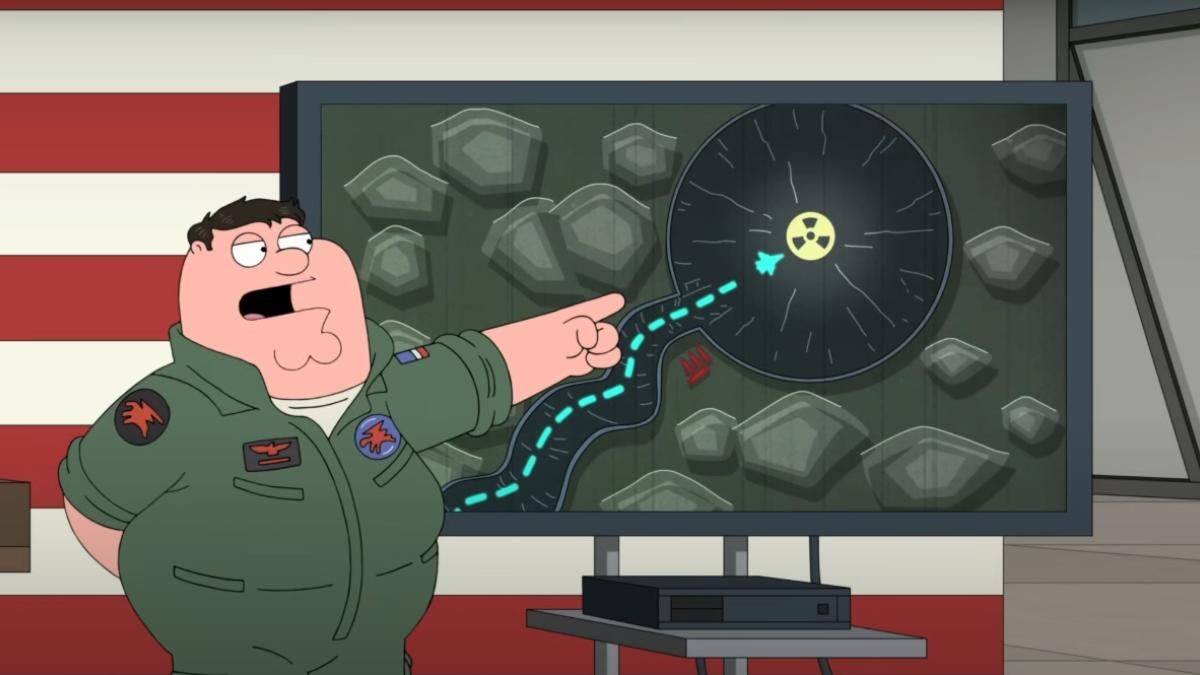Researchers Think Jupiter Cannibalized a Bunch of Baby Planets
Jupiter is the largest planet in our solar system by a long shot, and scientists think it may have gotten that way for a very peculiar reason. A new study published this month suggests the planet's massive gravitational pull may have pulled many nearby smaller planets into the planet's gaseous atmosphere, essentially "eating" the other celestial bodies long ago.
Looking through the planet's cloud cover, the study used available data to help map out the material making up the planet's core. To the surprise of scientists, the core was found to contain an abundance of heavy elements, allowing researchers to draw the planet-eating conclusion.
"Juno provided very accurate gravity data that helped us to constrain the distribution of the material in Jupiter's interior," lead researcher Yamila Miguel said in a chat with LiveScience. "It is very unique data that we can only get with a spacecraft orbiting around the planet."
Scientists have debated the formation of Jupiter for much of history, with theories essentially forming two camps — the idea that the gas giant gobbled up smaller planets or "planetesimals;' or the idea that billions upon billions of "space pebbles" crashed into the planet's atmosphere.
"Because we cannot directly observe how Jupiter was formed we have to put the pieces together with the information we have today," Miguel added. "And this is not an easy task."
Setting out to discover how Jupiter was formed, Miguel and her team built computer models to analyze data collected by probes like Juno and Galileo. Using data that measured the planet's gravitational field at various points, the team was able to discover the aforementioned heavy elements .
"Juno provided very accurate gravity data that helped us to constrain the distribution of the material in Jupiter's interior," the researcher continued. "It is very unique data that we can only get with a spacecraft orbiting around the planet."
Naturally, a planet like Jupiter swallowing up nearby planets could raise questions about the formation of other similar planets for additional teams of reseachers to discover.




